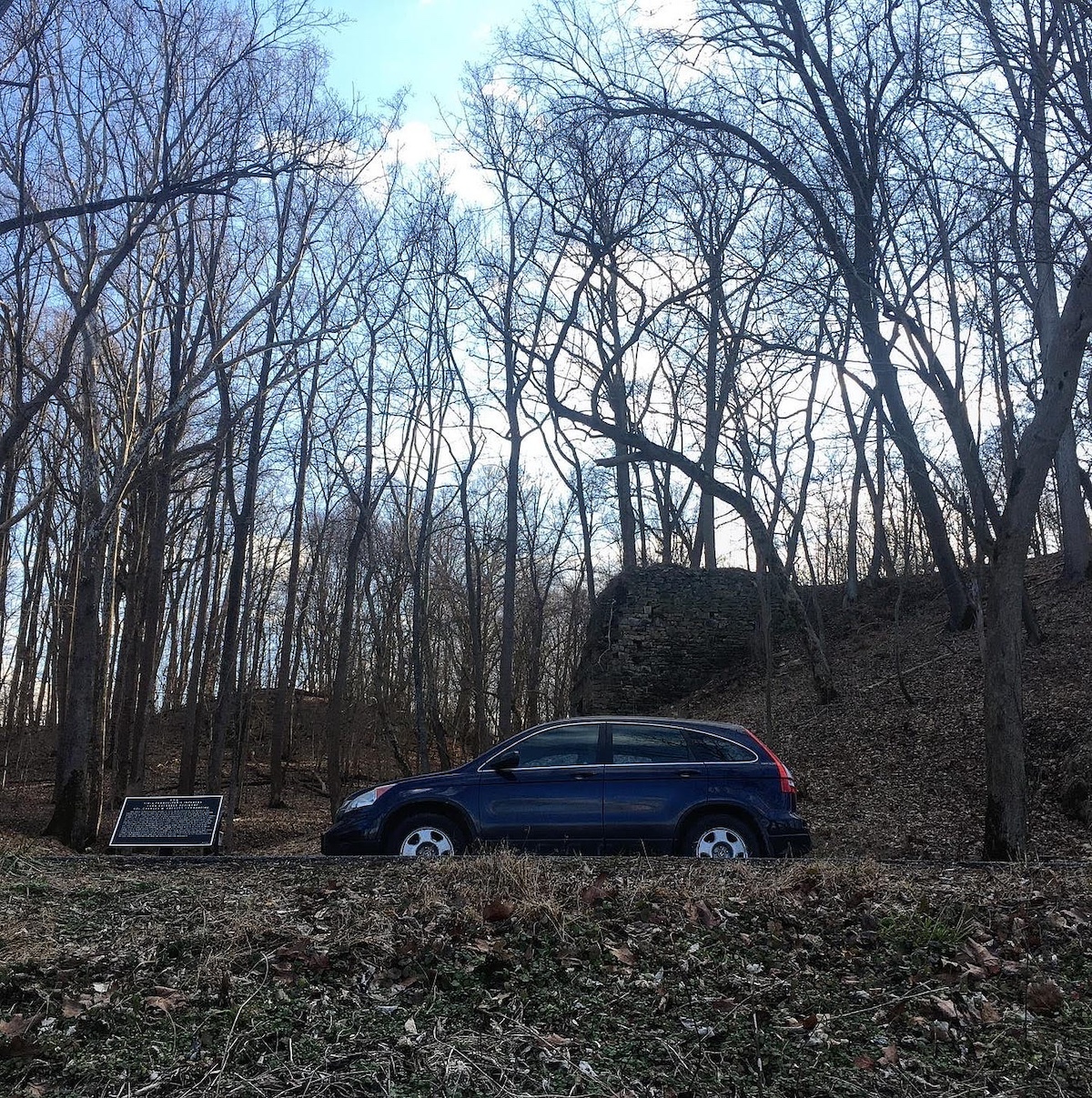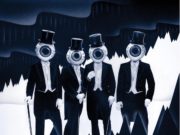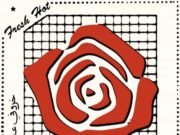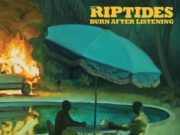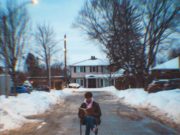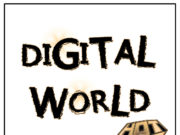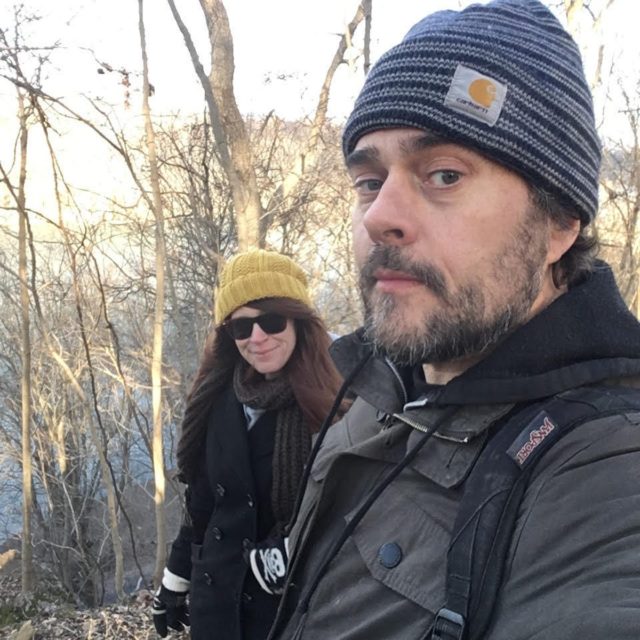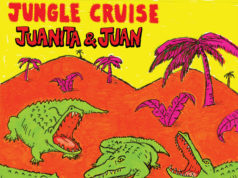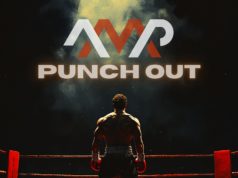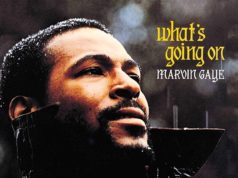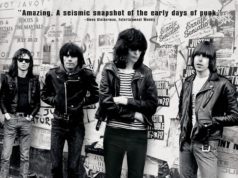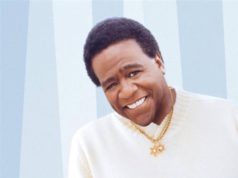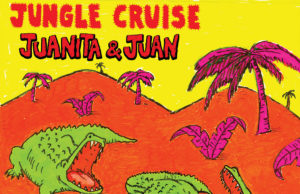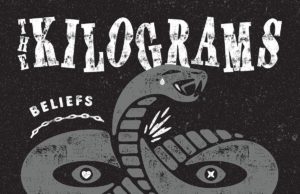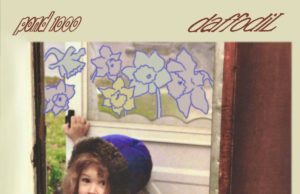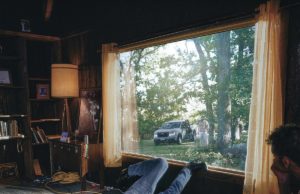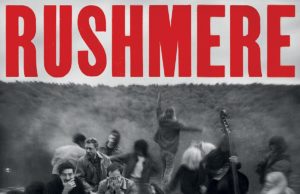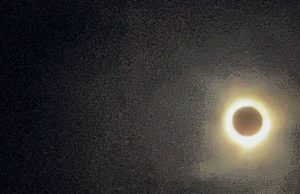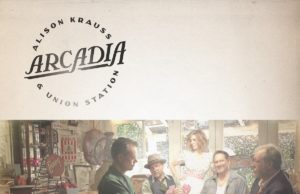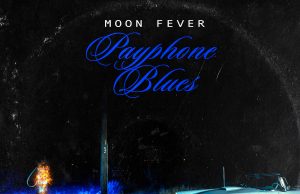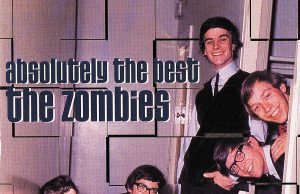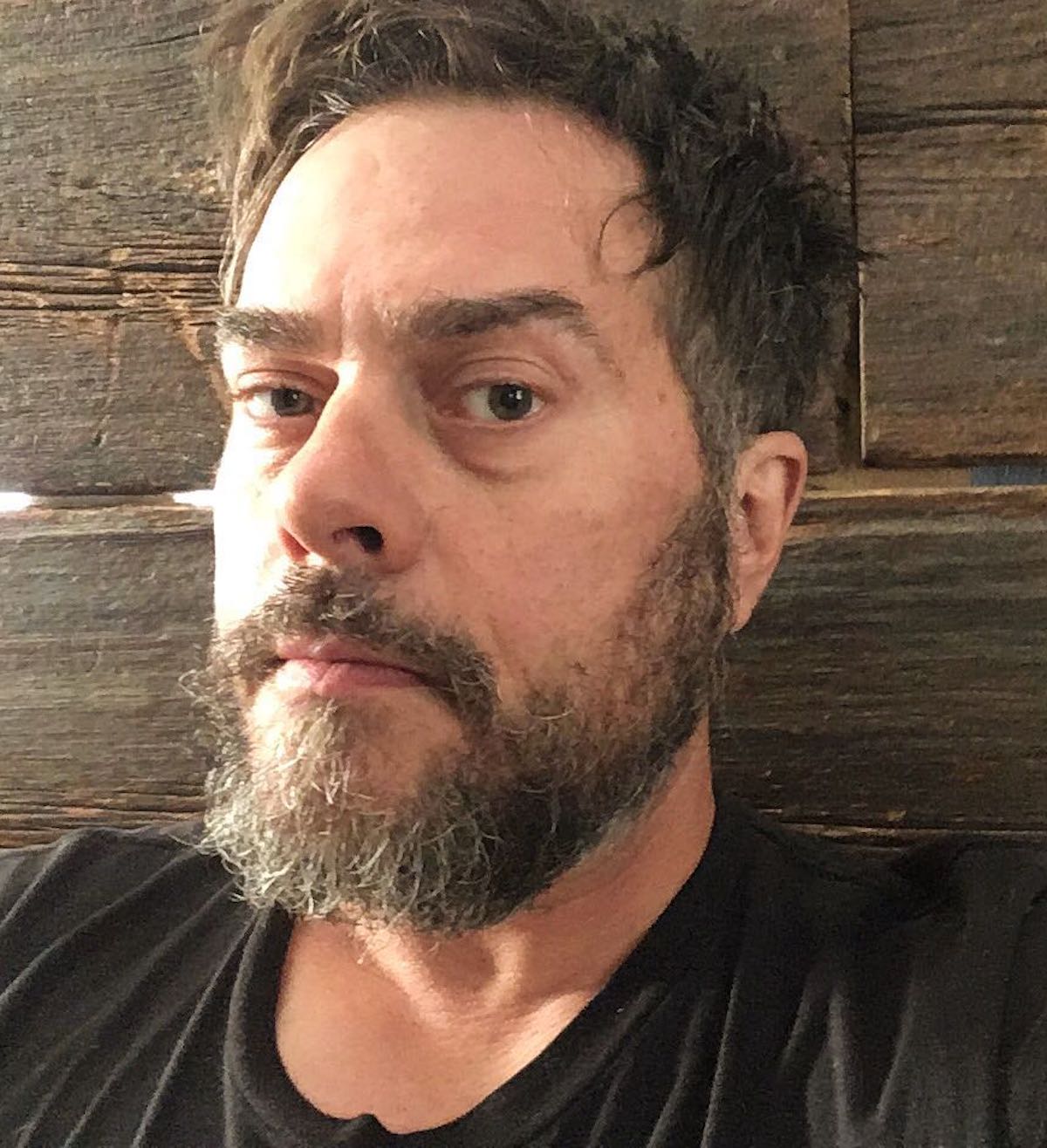 The soldier was tired but his heart was on fire. Racing up through the deep ravine at a double-quick, he’d had the sense that someone else was inside his body, tucked down into his skin. He could feel his movements, his grasping at sapling trees in order to pull himself forward up toward the ridge far ahead of them, but it all seemed otherworldly, beyond the actual understanding that he was capable of.
The soldier was tired but his heart was on fire. Racing up through the deep ravine at a double-quick, he’d had the sense that someone else was inside his body, tucked down into his skin. He could feel his movements, his grasping at sapling trees in order to pull himself forward up toward the ridge far ahead of them, but it all seemed otherworldly, beyond the actual understanding that he was capable of.
Behind him, back across the shallow Potomac at their rear their own artillery was bombarding something up there, but it was nothing he had seen. Blast after blast had rendered his ears immune to the shock of each cannon shot. On the way here, up to their thighs in the cool river, the firing had been intense above their own heads to the point that it almost seemed as if they were beneath a second sky of suspended ammunition tied up to the clouds. The whistling of distant charges hurtling back to Earth made him nervous. The lack of vision, of seeing anything but the varied streaks of late summer sunlight cutting down through dark shade and slashing across the other soldier’s backs and their rifles as they heaved themselves up this hill, sweat dripping from their noses, gasping for breath even as they knew, deep down, nothing whatsoever of war.
He thought of the battle a few days ago at Sharpsburg, of the men he’d seen with their mouths ripped open by bullets through their faces. Teeth on display where lips should have been, he’d clenched his fists and stared at the dead, their burnt hairlines and their bloated stomachs. Beside him, the young man he’d met on that day a month ago at the recruiting station in the city, Joseph was his name, he was leaned against a tree, his thin body swallowed in uniform, plunging his ramrod repeatedly down the barrel of his gun as if each thrust might invoke more deadliness into whatever lead he’d already packed in their.
“Boy,” he hissed, losing his volume to his panting “Move the hell up that hill!”
The boy ignored him.
“Come on, son, stay at my side now. We have got to get up there before the action starts!”
Hundreds of other men were scurrying by, the leaves on the forest floor burning with sound, the crackling of fire as the company and the regiment and the army, so to speak, made it’s way away from Maryland at its back, up into Virginia where the enemy, as it happened, was coming. The soldiers parted around the two who were stopped, their legs positioned one up the hill and one down, so as to maintain their mountain balance. The boy stopped what he was doing, the madness of his repetitions, and set his eyes upon the man speaking urgently at him from a few feet away.
But he said nothing. He locked eyes with the familiar soldier and looked into his gaze as if he were a complete stranger and nothing more. The older soldier at once understood that the younger one was on his own.
There will be his story and there will be mine, he told himself as he began his ascent again. A lone cannon bellowed back on the ridge they were headed for. “Stick!” the soldier in front of him yelled out, after the fact, never looking back. A thick cocked branch had smacked the older soldier in the forehead narrowly missing his left eye. He felt the oozing warmth of pain sliding down the side of his face, the blood rushing to the sight behind his skin to try and repair what might have been broken. It stung like a hornet.
“Damn fool!,” he cried out. “You almost took my eye out, you fat dog!”
But the soldier in front just kept going and so did the one with the fresh welt on his cheek. There was a hill to be climbed. And there was work to be done.
In the Mexican place on the main drag in Shepherdstown, West Virginia, me and Arle order too much food. Burritos, quesadillas, chips and guac. They have all the right stuff and we order most of it/ or I do. But Arle is game.
The folks behind the counter, a young guy and a young woman, they’re spright/ effervescent; they move with intention, swirling and twisting around one another as they sashay in and out of the register, swiping people’s debit cards and Apple Pay cards and this and that cards (no one uses cash anymore), handing over slips to sign, heaving brown paper bags of savory smelling spicy things, smiling the same smile over and over again as they each dish out semi-sincere thank yous like inside jokes/ with a mediocre tired grin I, for one, find both slightly flirty and maddeningly distant. What they are doing is nothing new, but still, it is kind of riveting to witness. They are masters at this American magic trick called Friday night. You come in with x amount of money to your name and you leave with at least $50-$70 less than you walked in with.
For takeout.
I think I might’ve paid for extra tomatillo salsa. It came in one of those crinkly weak plastic sauce cups, the kind whose lid is basically designed to come off in the bag on the ride home. There were like six different salsas. I am sure I ordered them but I had no real recollection. The whole process of ordering in that place at that time was high pressure. Most of the customers appeared to know exactly what they were ordering way before they even walked into the joint. It was as if they had the menu pre-memorized. I never even looked at my order on the receipt. Come to think of it, I don’t even think I got a receipt. I remember having clammy hands after a while as we stood there, Arle and I, warmly moving this way and that way as other burrito lovers scooted around us to grab a couple of bottles of local natural sugar soda out of the cooler we were blocking or to get a few extra napkins from the dispenser I was playing with out of nervous boredom like it was a giant Hot Wheel and I was six again.
Restaurants make me so uncomfortable for some reason. I can’t put my finger on it but it must have something to do with this idea that someone is sort of paying attention me… or more realistically, in my experience, is supposed to be paying attention to me but for unknown reasons recognizes me as a standout face from the International Fuck This Guy Off If He Comes into Your Eatery database and immediately begins to treat me as if I am both invisible and reprehensible. Then again, it could all be in my mind as well. No one can say for certain.
Eventually they get tired of tormenting me and probably feel sorry for Arle and so the young lady brings out our N.Y.C.-apartment-Christmas-tree-sized sack of West Virginia Mexican food and hands it over to me. I smile profusely and gush my gratitude.
She catches my eye for an ephemeral instant and in her iris I see the film of her punching me square in the face and the food going everywhere and Arle walking away, ashamed of everything. Just all of it, for chrissakes.
I decided to write about Shepherdstown this week because I probably won’t ever have another chance to do what I’m doing here. This was the site of a relatively minor Civil War battle that happened on Sept. 19th and 20th, 1862. No one really talks about it much except for maybe a handful of nerds scattered across the vast landscape like old VHS copies of Faces of Death 3. They are out there but they are scattered, man.
Anyway, today, the day this is getting sent out to you, is Sept. 20th, 2024. It’s the 162nd anniversary of the fight. No one is talking about that.
Why would they? you ask.
Well, I mutter, exhaling a lingering sweet cherry smoke apparition from my cottage core corncob. Allow me to show you.
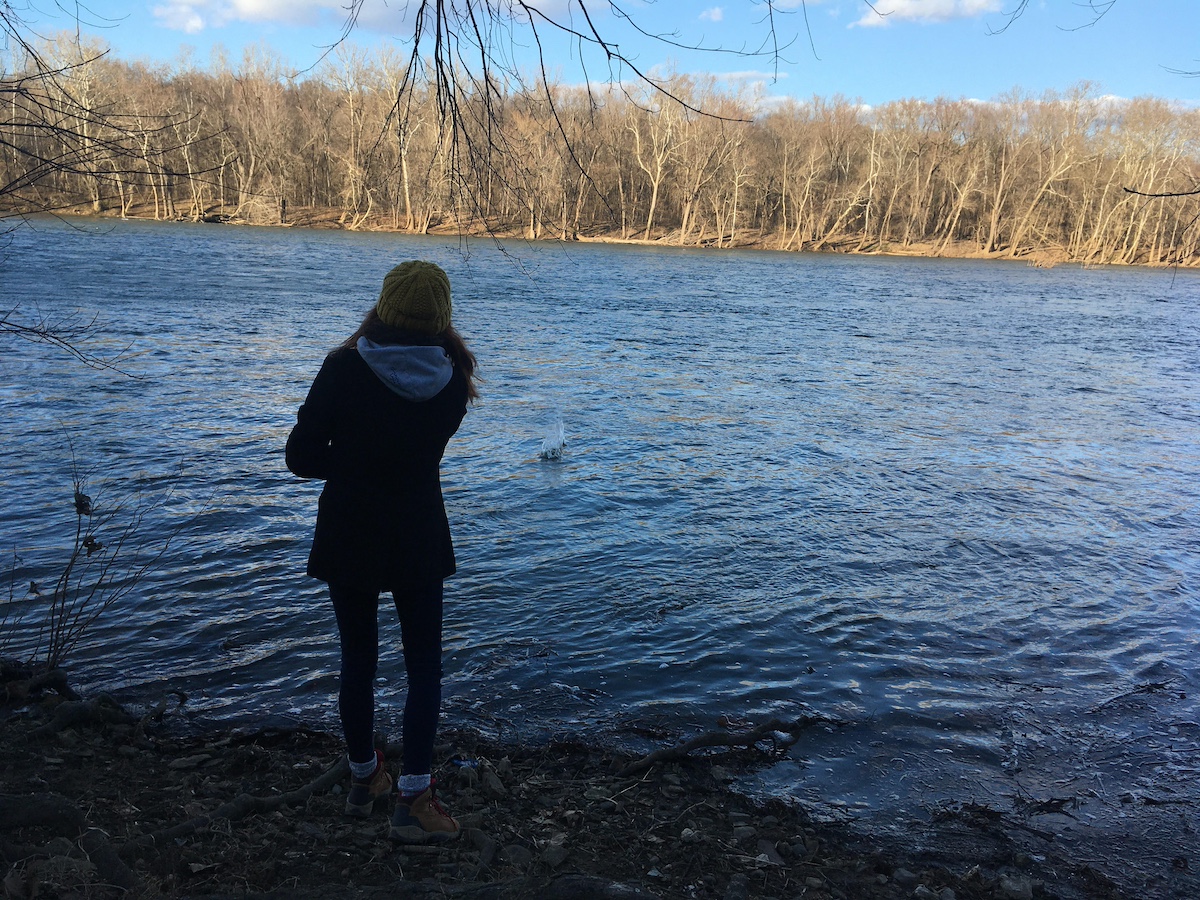
In the woods/ before the burritos/ Arle and I had made our way up the peaceful ravine with peace all around us. The drive south from Central Pennsylvania had been relatively easy, a connection of country roads, largely, which was a welcome surprise. Maybe we’d picked the ‘wrong’ route on the GPS? I don’t know. But we ended up moving towards Shepherdstown on curving forest lanes and gently rising and falling farm roads, a landscape that looked strikingly similar to what I imagine the world looked like in the 1860s.
Upon our arrival in the town, where neither of us had ever set foot before, I’d managed to find our way to the local tourism center which consisted of a small white house with a sign out front and a kind woman at a desk inside the front door where everything seemed quiet and relatively unbothered. We talked briefly and then Arle and I made our way into the room of brochures and pamphlets and maps advertising BBQ joints and farms you could visit to get a taste of real farm life and amusement parks that were actually like 100 miles away but whatever. On our way out I bought a sticker that said Shepherdstown and I casually mentioned that we were hoping to go and visit the local Civil War battlefield and did she happen to know where that might be?
A voice from a back office we hadn’t known was even there responded before the other woman had a chance. She began telling me things I already knew about the battle, but I appreciated her willingness to share as well as her spirited interest in our own curiosity about it. When I told them that I had ancestors who had fought with the Union Army there, they both seemed to like that. It was a Friday afternoon though, around 2 on a cold February day, and I’m sure that they’d be closing shop within an hour or so, which might mean that they weren’t so impressed by my family’s tenuous claim to a thread of their town’s history as they were drunk on the fact that as soon as they smiled and nodded us out the front door it was quittin’ time.
I liked them both though. They told us where the battlefield was, down the road that ran along the river. So we moved back to the car and that’s where we went.
One of the most untalked about legacies of the American Civil War is that it happened where so many of us live. The actual war war, for the most part, occurred in the northeastern part of the country where populations have skyrocketed today. This means that anyone meandering around uber-developed places in the Virginia or D.C. suburbs is more or less mowing down 50 soldiers’ ghosts every time they run to their crowded Home Depot for the third time on any given Saturday afternoon.
But the greater Civil War, the one where someone might have once walked down your town’s main drag with their faces on fire and their minds ripped apart by the sudden news of the death of a son or a father or even a neighbor who had marched off not so long ago, pride beaming in his eyes, only to perish from a bayonet through his intestines, or more likely from enough diarrhea to drop a bison in its tracks: that war existed, and therefore- by the laws of history- still exists today, everywhere and anywhere that people felt the cold hard grasp of it slipping around their necks. From Maine to Georgia, from Jersey out to Illinois and Wisconsion, it reigned. From Minnesota to Texas, it demanded that our ancestors, our people we have never known and never will, take a knee in obligation to the incessant pain and sorrow that defined it.
For most, thinking about the American Civil War happens exactly zero percent of the time. For a few others, it happens more often, as a hobby or maybe even a profession. And for a select few, it happens all the time, an obsession, I suppose you call it, for better or for worse. None of those fit me though. For me, I mean, I don’t know how to explain it. I sense the war’s presence in places that have no known tie to any of it. It’s no secret power or anything, don’t get me wrong. It’s pure imagination based upon a lifetime of trying to envision another time anywhere I roam. I guess the old war, for me, it just lays out there on the road, an old damaged photo layered into a newer clearer one, until the two seem together somehow despite the passing of time.
In the weeks before Covid hit, we were innocent and free. This was Valentine’s Day weekend and we had no idea what was coming for us. No one did, of course. In two weeks or so, the entire world would change in so many ways that, at that time, in that moment, we could have never fathomed.
With Arle beside me in the front seat of my Honda, her long legs in her tight jeans, her hiking boots topped by her hip outdoorsy socks, I had been overcome all morning by this feeling of overflowing joy. Her agreement to spend two whole days down in some small college town so we (so I) could hurl myself into my third-great-grandfather’s footsteps, was a real show of love in my book. Looking back, I’m sure we were different people then, at least slightly so, before the pandemic dropped into our world. A month from now we’d be immersed in an entirely different way of life, one in which real danger lurked around every corner.
But on this day, on this late winter Friday, as we parked along the Potomac River, even the river itself seemed so much more tranquil and rustic than the waterway it becomes, about 75 miles downstream, when it rolls through Washington, D.C. as a sprawling urban waterway. There: It seems more oceanic than riverlike. But here, like most rivers closer to the source, it is narrower and runs through farmland and bulbous hills peppered with jagged ridges, all of which paint scenes of idyllic tranquility rather than the chaos often depicted out in all that city water.
I stretched when we got out of the car and I watched Arle do a little flex of her own. The way her body moves, the grace she carries herself with, it came over me then as it still comes over me now. I can’t help but feel enamored with my own fortune at times like this/ stood there in some random Civil War place/ my heart soaring with anticipation/ watching her smile her pretty smile at me/ her hands tucking deep in her winter coat pockets now/ her wooly hat pulled down so that her red hair leaks down in cascades onto her shoulders. For a second I stand there, right where we park the Honda, and I look at her and I know we are standing on the precise ground where at least some of the 118th Pennsylvania Volunteer Infantry once moved across as they retreated down from the ravine across this little road.
What would men from 162 years ago have thought about this woman I’m with? Even in the scramble to survive I bet they might have noticed her and been drawn to her. I suspect that any soldier who had come across her that afternoon as they scrambled back through these woods, might have grabbed her hand and pulled her along with them. The 118th were absolute amateurs at Shepherdstown, they were running for their lives from a fierce, seasoned Rebel Army. An army that had not only surrounded them and pushed them back down these cliffs, but had also followed them in order to shoot as many Yankee soldiers in the back of the head or right through the spine or the heart as humanly possible. I can’t stop myself; I daydream of my boys saving my lady.
Snapping out of it, I want to tell Arle how much I love her so fucking hard for being the person who loves me the most. But I don’t say it. I want to grab her and kiss her hard on the mouth because I am so ecstatic to be here and to know that she is here because I am here and in her mind that makes it so she actually wants to be here too. It all adds up to both of us being here because it means something to be here together rather than it means that for me but not really for her.
I don’t do it though. I don’t grab her and kiss her and now I regret it, to be honest.
I am too excited to climb this ravine like my great grandfather did. I am blown away like a little boy walking out of the tunnels to see the lush greens and dreamlike diamond of his first baseball stadium. I look at Arle and I watch her pick me even as all of these other soldiers stop in the middle of their impetuous retreat/ their heads popping open left and right/ their screams and their panting/ their ducking down into these old mill ruins that still stand/ the Confederate volleys coming from the ridge/ potshots tearing through the ribs of the fellow running next to you/ the bone sticking out of the arm of a soldier screaming by the riverside, full shock coursing through his system/ the river up ahead/ the redhead standing here in the middle of it all/ calmly/ like a ghost/ like a siren/ like some dream standing up in a nightmare.
To read the rest of this essay and more from Serge Bielanko, subscribe to his Substack feed HERE.
• • •
Serge Bielanko lives in small-town Pennsylvania with an amazing wife who’s out of his league and a passel of exceptional kids who still love him even when he’s a lot. Every week, he shares his thoughts on life, relationships, parenting, baseball, music, mental health, the Civil War and whatever else is rattling around his noggin.
